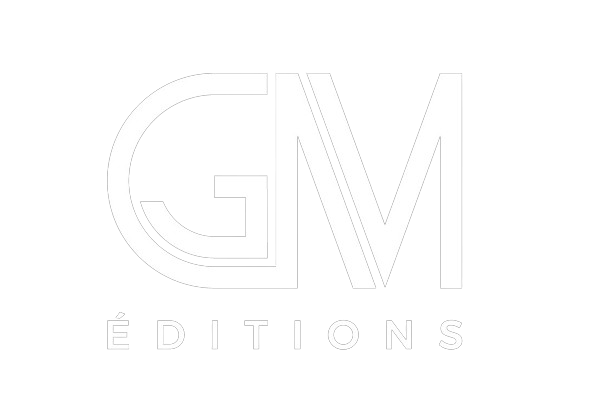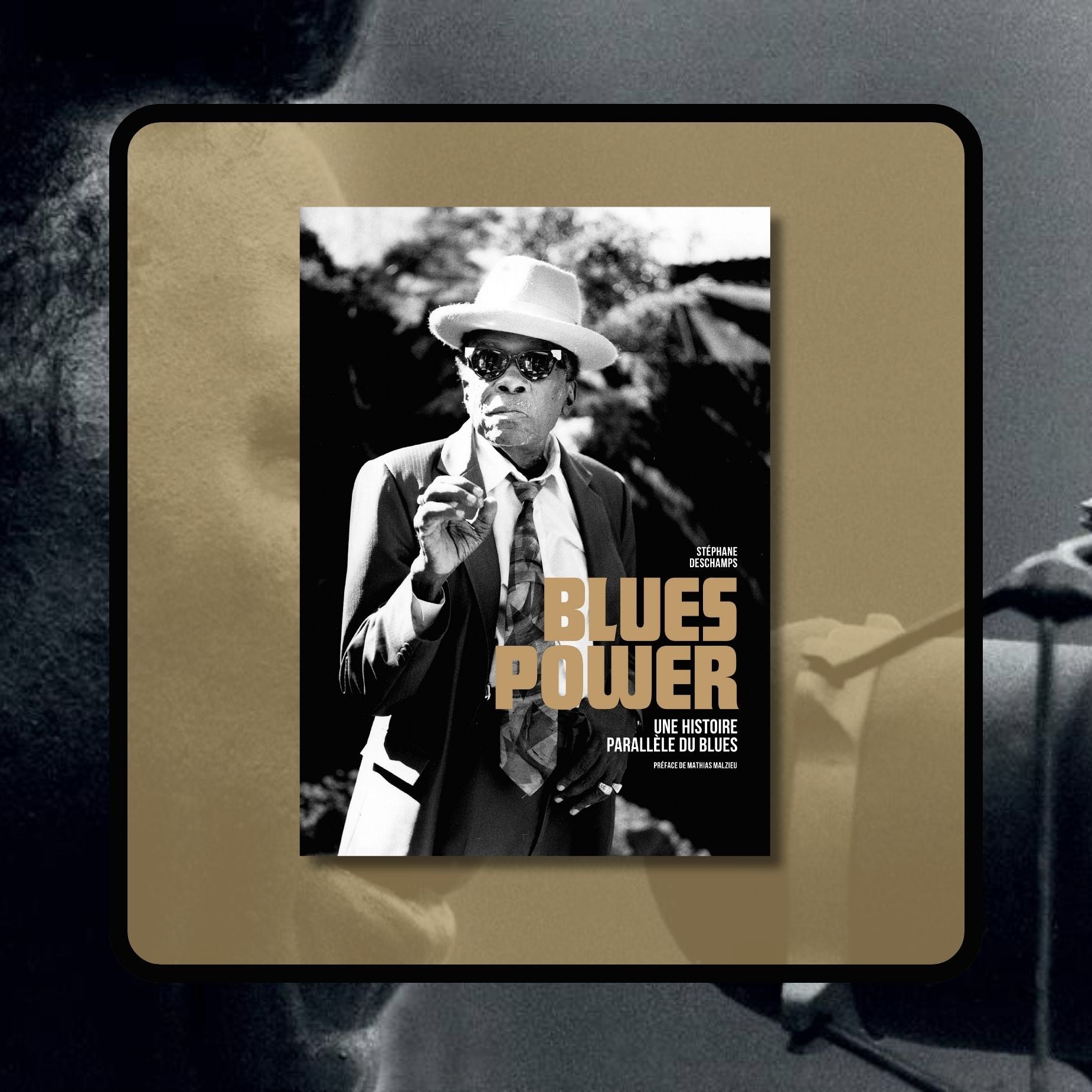
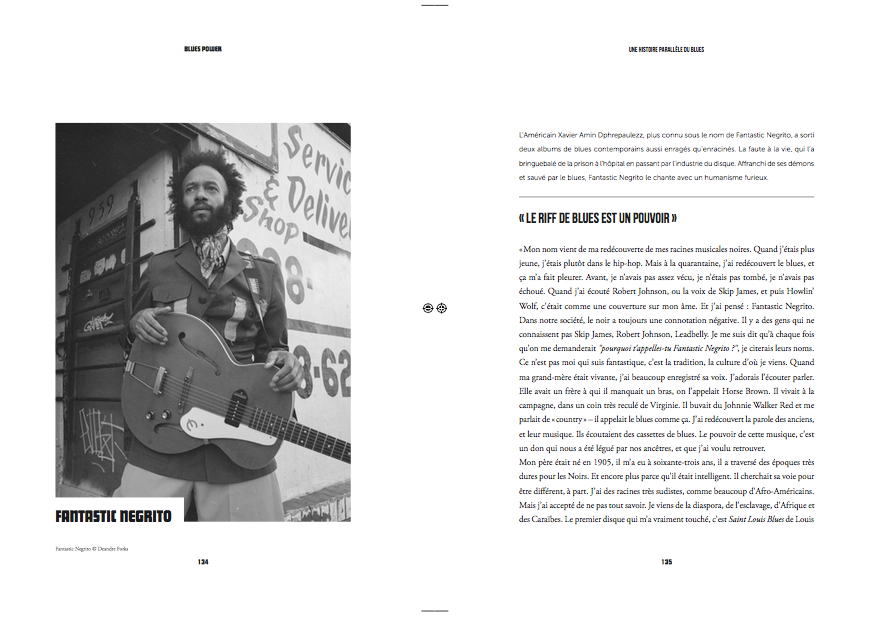
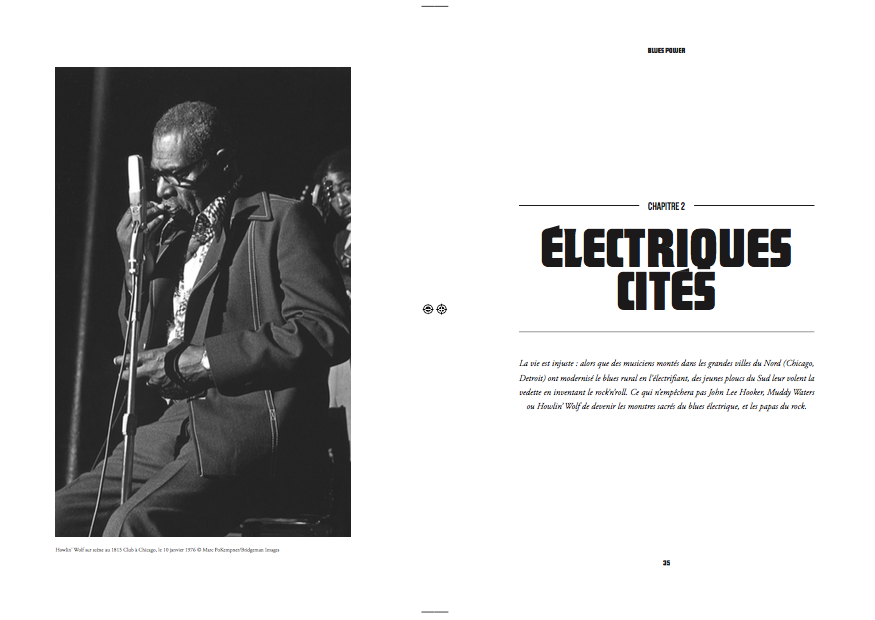
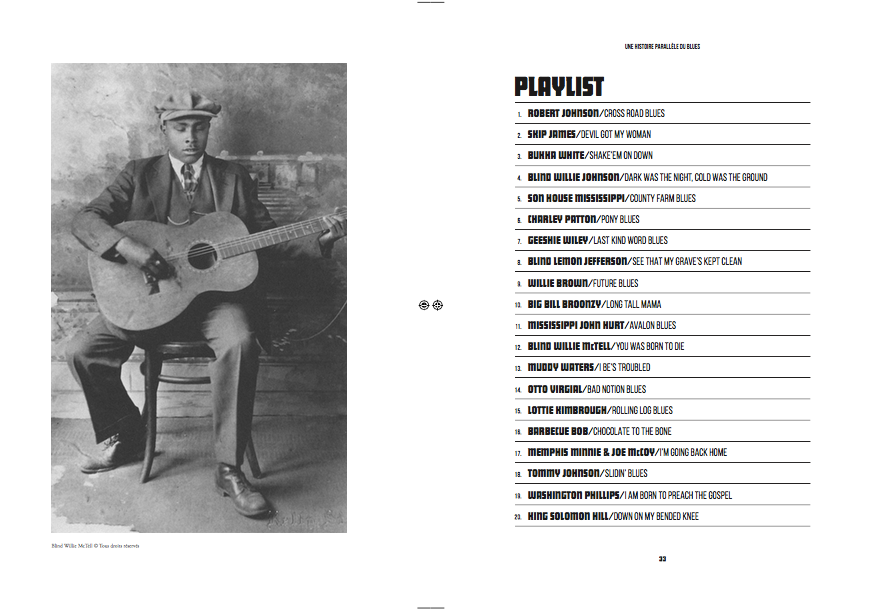
Blues Power, a parallel history of the blues
Description
Blues Power! Telling the story of the blues may seem as easy as playing it. But Stéphane Deschamps strives to tell the blues differently, with humor and relish. From the African ancestors of the blues to their wild heirs, from Charley Patton to Jack White . The author digs into and expands the history of this music, the mother of all modern music. Through stories, anecdotes, legends, analyses, digressions, a discography, bibliography, and annotated filmography. But also many unpublished interviews and memories of reports he has made. He gives substance to this ever-living, live history of the blues.
It also highlights these musicians who seek to innovate, to deviate, to dig, to cross and more generally to express their personality and their own path rather than to imitate. These are the ones who could be on the bill for the Nuits de l'alligator festival, which Stéphane Deschamps has been co-programming since 2006. They are the driving forces of the blues: blues power!
This book is therefore a travelogue rather than an encyclopedia, written by a great reporter whose passion sent him on the roads of the blues: due south!
John Lee Hooker, on the cover
John Lee Hooker is an American blues guitarist and singer. He was born in Mississippi in 1917. The youngest of 10 children, his parents gave them a very strict education. The children were home schooled and were forbidden to listen to non-religious music. Later, his mother's new partner, a blues guitarist, taught him his first basics. At the age of 15, he ran away from home and never saw his parents again. In the 1930s, the young runaway found himself in Memphis and then in Detroit, living off odd jobs in factories. Performing in a few clubs and bars in the area, he quickly acquired a small reputation and then traded his acoustic guitar for an electric guitar. In 1948, Hooker began recording and released his first single Boogie Chillen. Although illiterate, he wrote songs very prolifically and because of the obligations of his contract, he signed them under different pseudonyms. He can be found in the 1980 film The Blues Brothers alongside John Belushi and Dan Aykroyd. The character of John Black is also inspired by Hooker's look. In 1989, he collaborated with Carlos Santana and Bonnie Raitt on The Healer. An album for which they won a Grammy. John Lee Hooker recorded more than a hundred albums and lived the last years of his life in San Francisco where he opened a nightclub "John Lee Hooker's Boom Boom Room" in 1997. In 2000, the Recording Academy awarded him a lifetime achievement award. He died on June 21, 2001.
Informations

